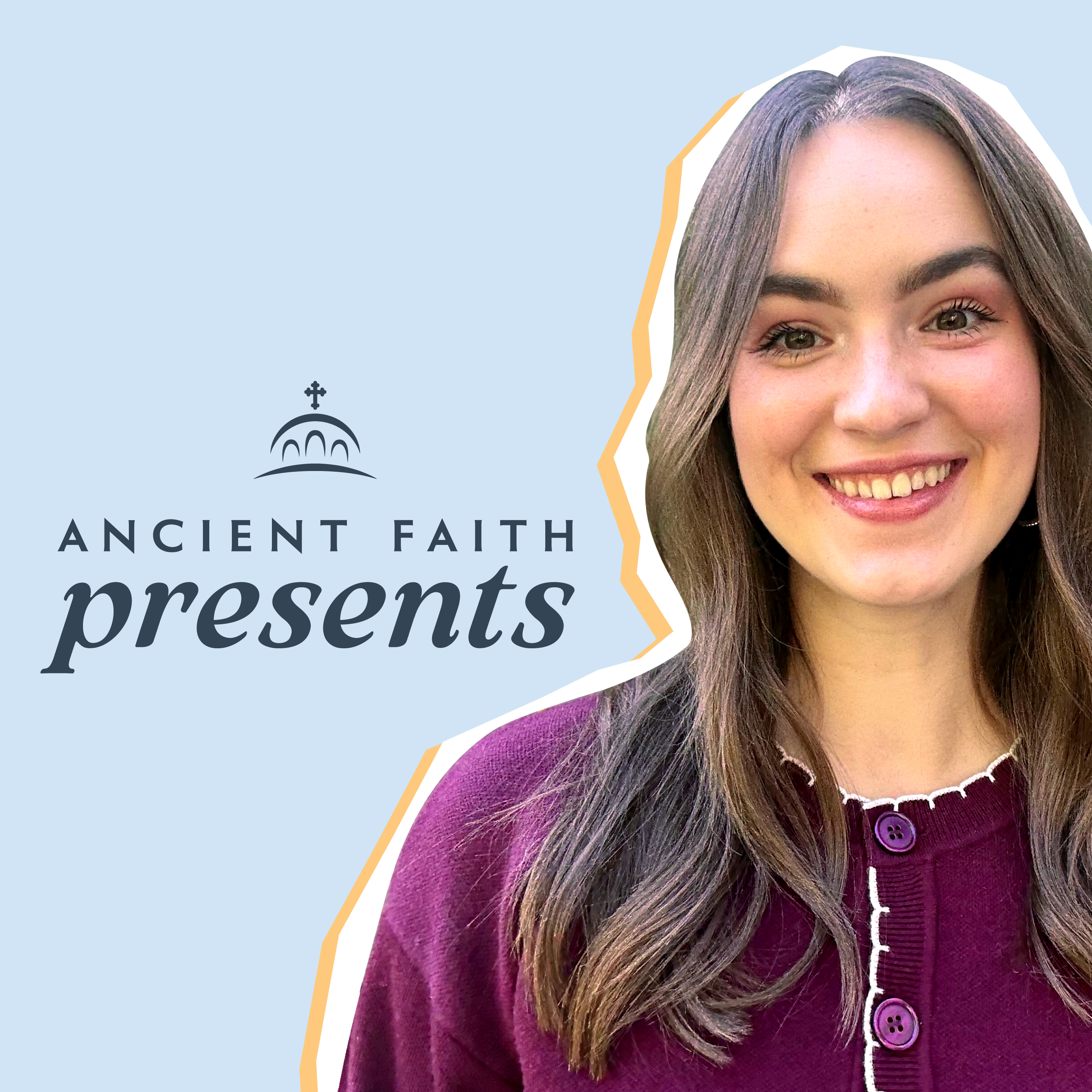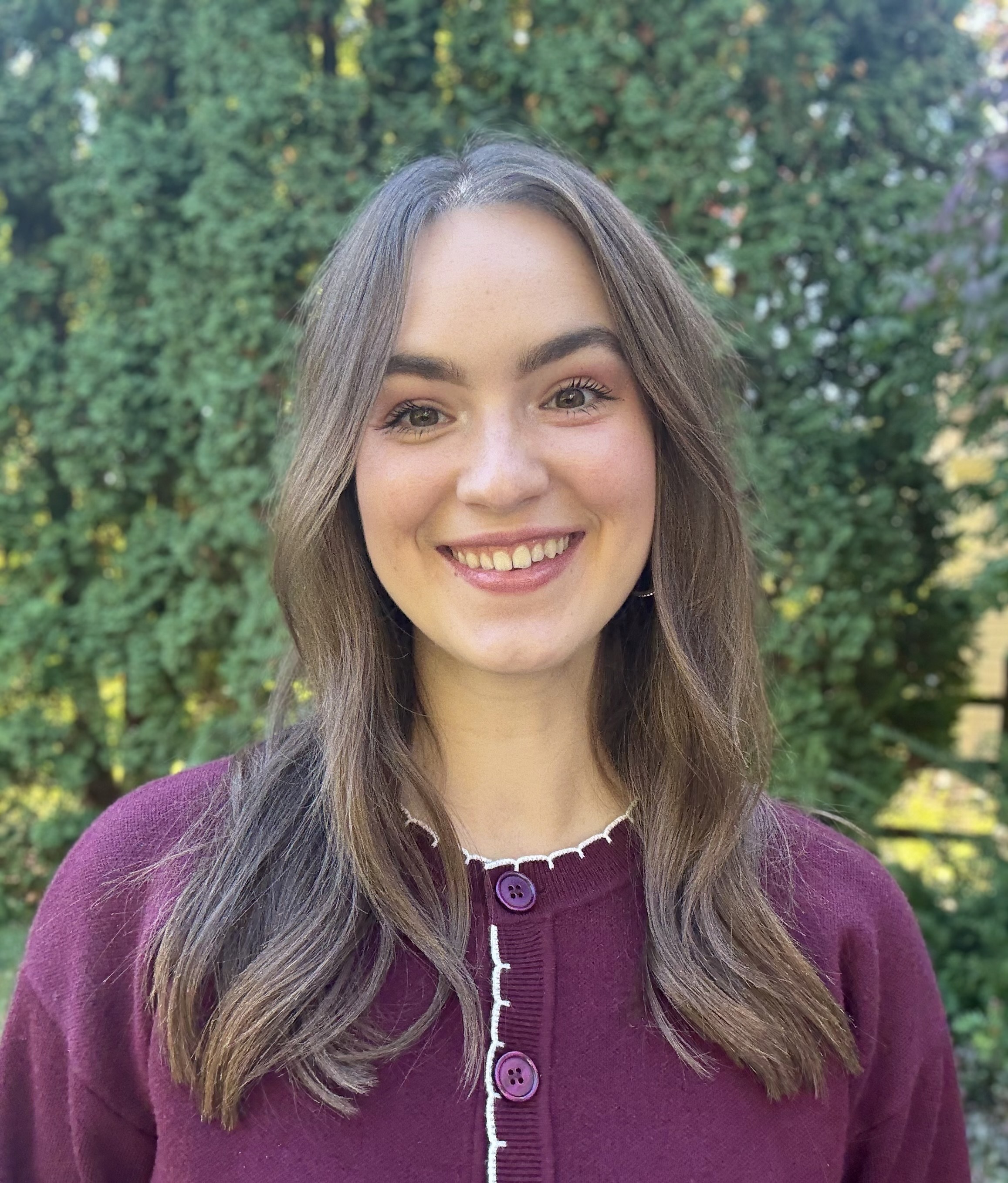Mr. Bobby Maddex: Welcome to Ancient Faith Presents…. I’m Bobby Maddex, operations manager of Ancient Faith Radio, and today I will be speaking with Andrew Lekos. He is the teams director at the Orthodox Christian Mission Center, also known as OCMC. Hi, Andy, welcome to the program!
Mr. Andrew Lekos: Thank you for having me, Bobby.
Mr. Maddex: For those not familiar with OCMC—though I doubt that many of our listeners are in this category—what is the organization, and in what sorts of activities does it engage?
Mr. Lekos: Well, OCMC, the Orthodox Christian Mission Center, as you noted, is the missions and evangelism agency of the Assembly of Bishops here in America. Basically, we represent the Church. We are its resource to do foreign mission work, to implement our Lord’s commission to go out and make disciples of all nations. This year, as a matter of fact, we are celebrating our 30th anniversary as a department of the Church, and in those 30 years we’ve been blessed with many blessings, most of all being able to send people to participate in this ministry, in particular long-term missionaries, the short-term mission teams which I oversee, along with being able to support the Church overseas in its efforts, supporting indigenous clergy with small projects, philanthropic efforts, but mainly helping the Church become the Church, and itself becoming self-propagating.
Mr. Maddex: Okay, and as you said, you oversee the short-term missions teams. What all is involved in that?
Mr. Lekos: Sometimes more than I’d like, but, thank God, the work is unending. [Laughter] First of all, I’ll tell you that I got involved through a short-term myself, 20-plus years ago, and by God’s grace I was given the opportunity to come and help oversee the teams program. Basically, from start to finish, if it involves just developing what a team would look like, requesting projects from our hosts—our host is usually either a bishop oversees or a missionary that’s serving in the field—that we can help them with, whether it’s building, healthcare—and we can talk about that more in a moment.
Then we put together the team, by promoting and recruiting team members from different parts of the country or communities to come together to staff that team. Then we start their preparations, which include how to go about raising funds, to helping them prepare for the actual work they’re going to be doing. And of course all the admin stuff that goes behind it: the budgeting, the evaluations and the assessments, and all the administrative stuff that we have the joy of doing at the back end while the team members have fun on the front end, actually serving in the field.
Mr. Maddex: How do you go about recruiting? Do you travel to church parishes, or do potential short-term missionaries come to you? Or how does that work?
Mr. Lekos: All sorts of ways. The main tool that we have is our OCMC magazine that gets the word out, along with various mailings. But really, it’s those foot-soldiers: it’s the past team members that have gone and continue to talk about their experiences and sharing their experiences with others and then inviting them to participate. As staff, when we travel, we do try to plug the various efforts that we undertake, but in particular we invite others to participate, to go, whether it’s on a long-term mission or a short-term mission team.
So we do rely on different media resources, whether it’s Ancient Faith Radio or the various Orthodox publications, the Church publications. Whatever way we can get the word out to invited people to participate in this work, we’ll do it.
Mr. Maddex: Okay, so then what sorts of teams are you trying to put together this year?
Mr. Lekos: Well, most of the teams have been assembled. Again, we’re responding to what the bishops or the hosts, or the missionaries, are requesting. But we have teams that are doing teaching, we have teams that are participating in youth camps or offering youth camps. We had a team earlier in the spring doing evangelism in northern Kenya. We have a construction team going to help build a church. We have healthcare teams that are doing healthcare training, another team that’s going to be going to be doing primary healthcare in different communities. The teaching teams, they would take any form from basic catechism to training the trainers, the catechists that are actually doing the work in the communities.
The teams that we need help or that we need assistance with are the ones where specialties are required. We’re partnering with the OCA, offering a team to Mexico, so we would like to have Spanish speakers on that team. We have a clergy training that’s taking place in Tanzania; we would like to have clergy participating. Same thing with a preoteasa or clergy wife’s team that’s going to Albania later in the year; we would like to have clergy wives: matushkas and presvyteres and whatnot. So some of the teams do require some specialization, while other teams we really need the people who are willing to work hard and have a cross-cultural experience and offer that witness to our brothers and sisters overseas.
Mr. Maddex: Great. How does OCMC fund these teams?
Mr. Lekos: For the most part, OCMC underwrites a great portion of the team program. The team members themselves, they raise the funds that are required to get them into the field. That would include their airfare and then the cost of participating that would cover their housing, their lodging, their meals, their transportation in-country. And most of the team members, a good majority of them, do undertake fundraising. We offer materials to help them get started on that. If they come from a community that is actively involved in missions or has had team members, if they have a good foundation to build on from there. But most of the team members rely on letter campaigns or presentations in their communities. More of them are getting more savvy and doing Facebook causes. We have an opportunity for donors to support team members from our website. And then we have of course the team members that do save and do participate by paying their own way, but we like to encourage, again, the team members also to involve others in this effort.
Mr. Maddex: Okay, and then how short is “short term”?
Mr. Lekos: The shortest team we’ve had this year is about ten days; the longest team is running about three weeks. So it’s anywhere from two to three weeks that we’re asking commitments of people to participate. Generally the time frame includes a short orientation. Usually it will take place here at the Mission Center in St. Augustine. There’s the travel time that’s involved, and then of course the project itself in the field, and then returning back home. So anywhere from two to three weeks, depending on the team and location.
Mr. Maddex: How can listeners find out more about OCMC or apply to be on a team?
Mr. Lekos: Oh, we invite questions and inquiries at every level. They can give us a call here at the Mission Center at 904-829-5132. If they want specific team information, they can call that number and call extension 140141. They can visit our website, where all our teams and their locations are listed at www.ocmc.org. They can send us emails at teams@ocmc.org. We’ll take snail mail; we’ll take faxes. Whatever way they want to inquire, we’re happy to answer the questions.
Mr. Maddex: All right, and then is there a particular deadline for joining a team?
Mr. Lekos: Generally there is not, but in order to prepare properly, a month before the team is scheduled to depart is cutting it close, but we will consider people at that time. Sometimes we can fast-track them if needed, if we really need the bodies. But in general if they want to prepare, we don’t set a deadline just so we don’t keep potential prospects and volunteers from joining on.
Mr. Maddex: I would imagine the departure dates are also listed on the website.
Mr. Lekos: That’s correct. That’s correct; the dates that we do have posted on the website and the information we send are pretty much set. Those are all-inclusive, when we need people to be available to serve on this team.
Mr. Maddex: All right. Well, very good! Is there anything else you’d like to add before I let you go today, Andy?
Mr. Lekos: I think the only thing I would like to add is we’ve been using the adage of share in a journey of faith, and really that’s what it’s about. A short-term team member has an opportunity to offer their witness, to offer their love, to offer the faith to others that are either hungering or thirsting for it. And we invite people to participate, not because we need team members on these teams, but it is our Lord’s command that says: Go and make disciples of all nations. One way you make disciples is by becoming one yourself, so we invite people to have this experience, and as I said earlier to participate in whatever way they are able.
Mr. Maddex: All right. I thank you so much for taking some time to talk with me today.
Mr. Lekos: Thank you very much for having us and all the support that Ancient Faith gives to the Mission Center and all the ministries of the Church.
Mr. Maddex: Once again, I have been speaking with Andrew Lekos, the teams director at the Orthodox Christian Mission Center. I’m Bobby Maddex, and this has been a listener-supported presentation of Ancient Faith Radio, on the web at ancientfaith.com.

 Melanie DeRenzo
Melanie DeRenzo